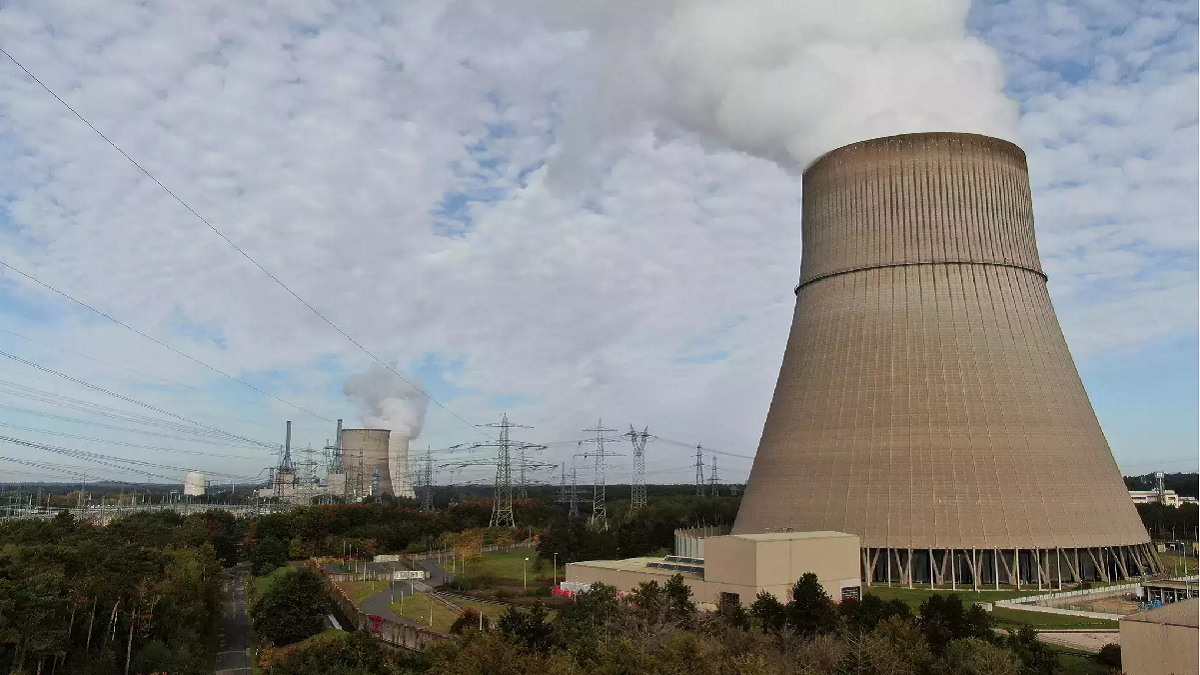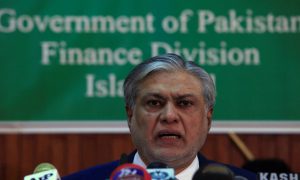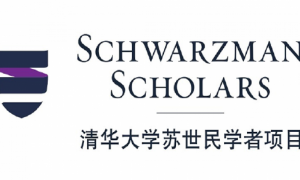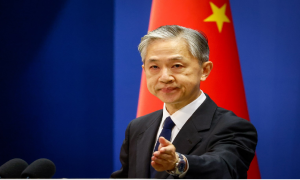Emirates Nuclear Energy Corporation (ENEC) has signed three agreements with Chinese nuclear energy organizations to boost low-carbon nuclear power in the United Arab Emirates (UAE). The UAE, which is hosting the COP28 climate summit later this year, has a 2050 net-zero plan and aims to get 6% of its energy needs from nuclear power. China has been identified as a key partner in the UAE’s energy transition plan.
The three Memorandums of Understanding (MoU) were signed with China’s Nuclear Power Operations Research Institute, the China National Nuclear Corporation Overseas, and the China Nuclear Energy Industry Corporation. They cover cooperation in nuclear energy operations, high temperature gas-cooled reactors, and nuclear fuel supply and investment.
The UAE is already constructing the Arab world’s first multi-unit operating nuclear energy plant, the Barakah plant in Abu Dhabi, being built by Korea Electric Power Corp (KEPCO). Barakah will have four reactors with a total capacity of 5,600 megawatts (MW) when completed, equivalent to around 25% of the UAE’s peak demand.
Read More: Pakistan plans 40,000 MW nuclear energy by 2050 to meet electricity demands
The agreements mark an important step towards achieving the UAE’s net-zero goal and reducing carbon emissions. The country is committed to adopting clean energy solutions and the use of nuclear power is seen as a key component of this strategy. The partnerships with Chinese nuclear energy organizations will bring expertise, technology and investment to the UAE’s nuclear sector, helping to accelerate the country’s transition to a low-carbon economy.
The agreements demonstrate the growing international cooperation in the field of nuclear energy, and highlight the importance of collaboration between nations to achieve common goals. The UAE’s partnerships with China in this field are expected to deepen further in the coming years, as both countries seek to tackle the global climate crisis and drive sustainable development.



























